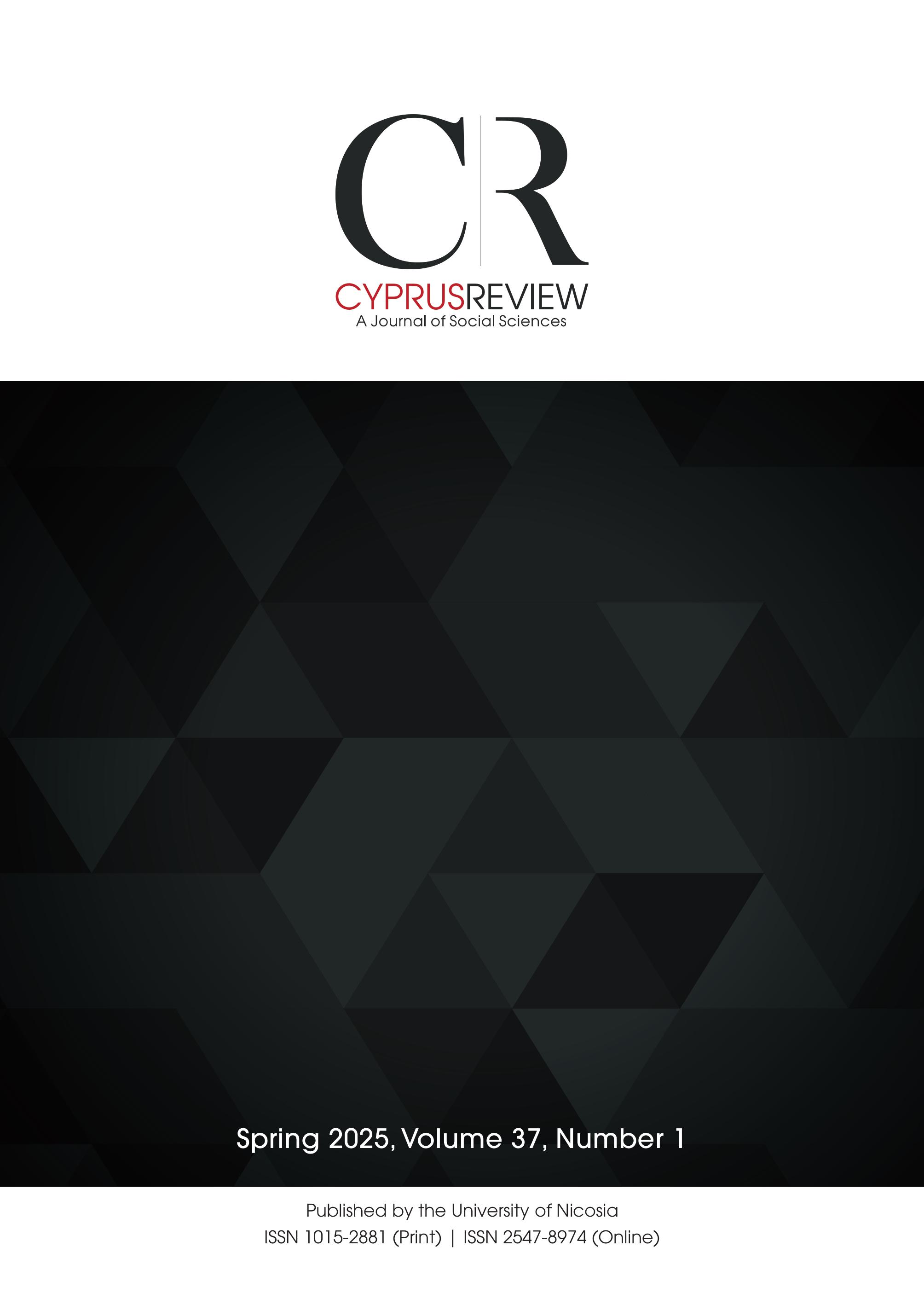The Doctrine of Necessity in Ibrahim, the Material Constitution of Cyprus, and Costantino Mortati
##plugins.themes.bootstrap3.article.main##
Abstract
In Ibrahim (1964), the Supreme Court of Cyprus constructed a doctrine of necessity that allowed the Republic of Cyprus to survive without the participation of Turkish-Cypriots in State organs, even though the Constitution of 1960 was (and remains) based on such participation. The aim of this article is to critique the doctrine of necessity through the lens of the constitutional theory of Costantino Mortati, to whom Ibrahim refers. To do this, the essay first expounds Mortati’s views on necessity as a source of law, on the material constitution, and on the constituent power, then offers an account of the material constitution of Cyprus as it evolved from the 1960s to the present day; finally, it offers a critique of Ibrahim. The main argument is that, not having paid close enough attention to Mortati’s theory, the judges failed to make it clear that the fundamental objective of the Cyprus Constitution is the co-existence of the two communities on the island (Greek-Cypriots and Turkish-Cypriots) through a power-sharing regime that provides ironclad guarantees for the rights of the Turkish-Cypriots. This consideration would have led the judges in Ibrahim to express, clearly and unambiguously, their commitment to bicommunalism. The same consideration, in combination with their commitment to the cause of democratic constitution-making, could have motivated the judges of the Supreme Court to condition the justifiability of the doctrine of necessity on a future exercise of constituent power by both Cypriot communities on an equal footing.
##plugins.themes.bootstrap3.article.details##
material constitution, doctrine of necessity, constituent power, Costantino Mortati, Cyprus Constitution
Copyright: © University of Nicosia, Cyprus
All rights reserved.
No restrictions on photo-copying.
Quotations from The Cyprus Review are welcome, but acknowledgement of the source must be given.

